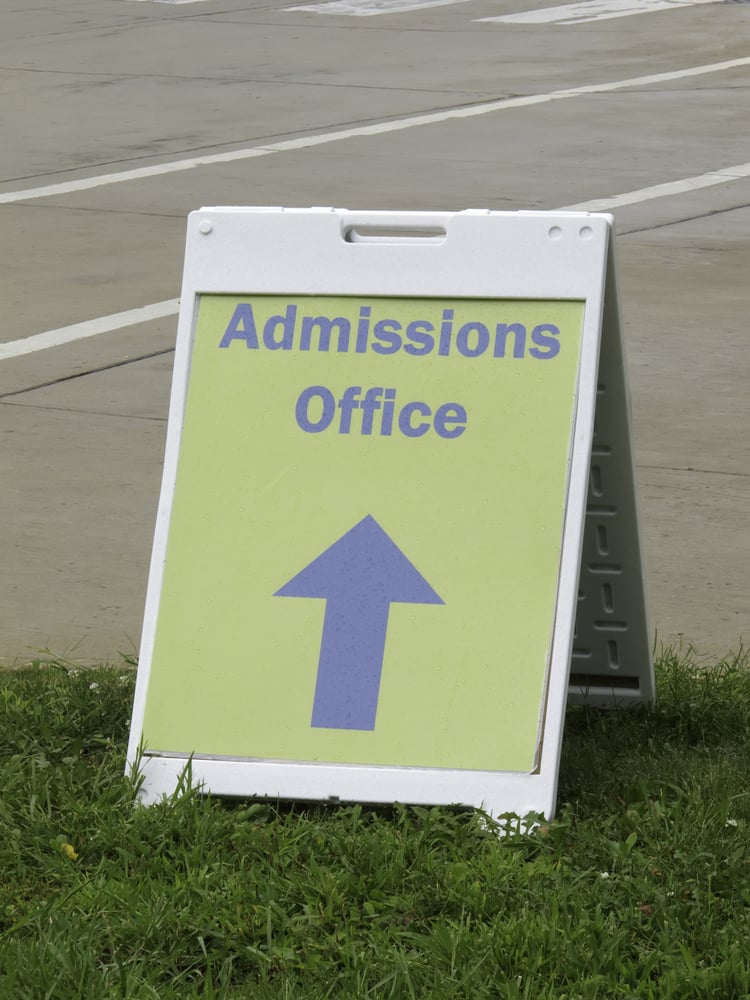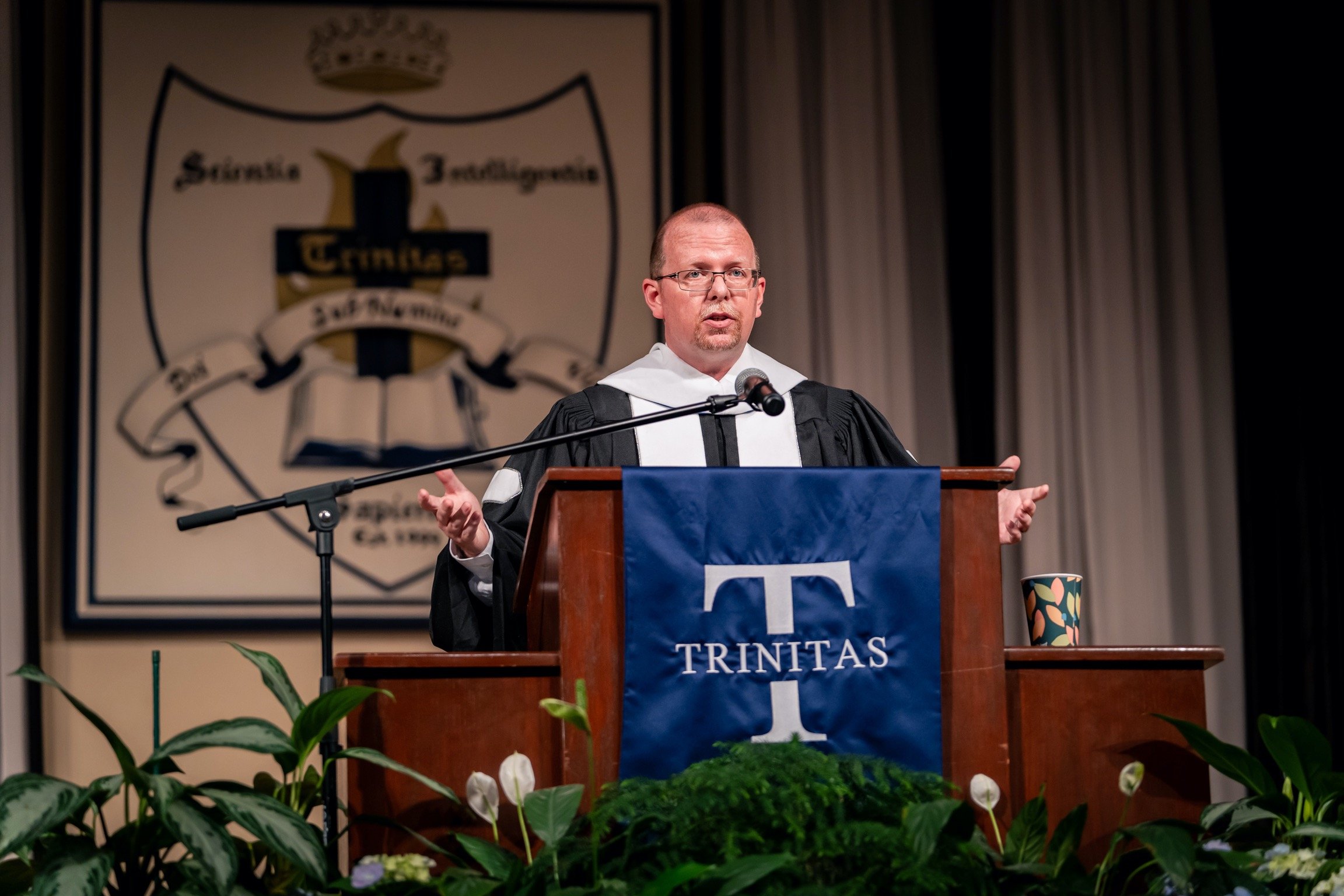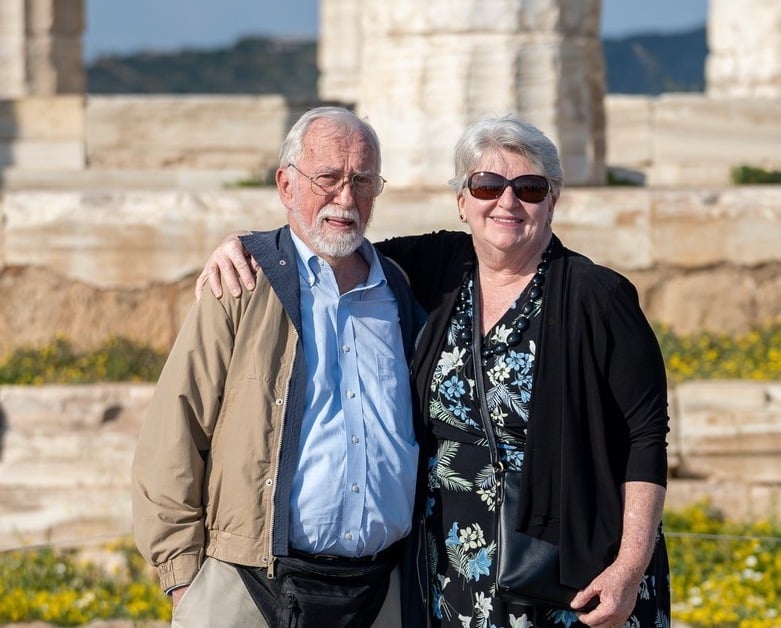I recently had the opportunity to sit down with Trinitas alumna Mekenzie Petersen ('20) to discuss her recent academic accomplishments. By the end of our conversation, I clearly understood that she has her sights set on something greater than attending medical school this fall. A transcription of our conversation is below so you can decide for yourself.
Topics: Blog Posts, School Life, Parenting, Classical Education, Alumni, Christian Education, True Education, College Admissions, Christian Living, Virtue
One of the great challenges for a Classical Christian school has always been navigating the world of college admissions. What we do in the classroom sounds foreign to admission officers who have reviewed thousands of applications from the Industrial-Model Public School which is prevalent today. Translating what we do at a school like Trinitas has long been something of a Herculean task, but we have made it work.
Topics: Blog Posts, Classical Education, College Admissions, Grades, Admissions
Classical Education Creates Renaissance Men and Women
The end of the first quarter of the school year is upon us and our students have settled into the rhythm and routines of the school year. For many, this is a season of growing intellectually in their classrooms while also pursuing various co-curriculars available to Trinitas students. I am always a little in awe of Trinitas students as I consider how many wonderful and various things they are able to accomplish over the course of a single year. Surely this reflection holds true for any hardworking student in any school—it is not reserved for Trinitas students. I am, however, always amazed at the number of Trinitas students who do so very well over the year in such a wide variety of activities. What I have found is that classical education exposes students to a broad range of experiences and then provides opportunities for students to learn, perform and compete in activities as different as baseball and drama. By encouraging students to drink deeply from many fountains of knowledge rather than specializing in one, classical education creates Renaissance men and women.
Topics: Blog Posts, School Life, Classical Education, True Education
I met a student recently who was about to graduate high school and the first two years of college all in the same day! Not only is that an impressive accomplishment, but also it is an accomplishment that has become increasingly common over the past decade or so. The rise of dual enrollment opportunities that allow high school students to take college courses has made it possible for thousands of American teens to graduate high school with an AA degree from a local college or university. Again, that is a pretty amazing accomplishment!
Topics: Blog Posts, Parenting, Classical Education, True Education, Admissions, Virtue
At other times we have written here about the importance of the home, church, and school being in agreement, and it is a message that bears repeating. Those three entities have the most influence over a child’s formation. If the home, church, and school have different messages about who God is or who His people are or how they are called to live, a child’s mind will be divided on issues that are foundational to her existence. For a child to flourish spiritually and emotionally, hearing a consistent message from home, church, and school is necessary. By that same standard, a classical education cannot take root and flourish in the life of a child if it isn’t being supported at home.
Topics: Blog Posts, School Life, Parenting, Classical Education, Parent Involvement, Video Games, Reading, Truth, Goodness, and Beauty
Parent Orientation marks the beginning of the school year and is one of the few opportunities I will have to address all Trinitas parents together in a face-to-face setting. In the weeks leading up to this night, I cast about for an idea, a theme for this address that will encourage, challenge, and perhaps, inspire each of you as we head into the new school year together.
Topics: Blog Posts, School Life, Parenting, Classical Education, Christian Education, Parent Involvement, Musical Training, Back to School
Kurt Vonnegut gave a commencement speech towards the later end of his career, and he advised that all such speeches should begin with a joke. I toyed around with possibilities for this venue, including the much beloved green ping pong ball joke, the always-appreciated purple kingdom joke, and the new-to-many-of-you story about lil’ Johnny and the Noodle Man. However, none of them seemed quite right for the occasion, so I thought I’d do something completely different: let’s start tonight by defining our terms. I promise if you’ll bear with me, that this will be over quickly.
Topics: Blog Posts, School Life, Classical Education, Alumni, True Education
This week we celebrated the retirement of one of Trinitas’s most beloved teachers of all time. After twenty years of teaching in the Grammar School, Mrs. Wendy Phillips is retiring from that role. Many alumni, parents of alumni, students, and faculty members gathered for a time of remembering, gift-giving, and neck-hugging to send Mrs. Phillips out in style.
Topics: Blog Posts, School Life, Classical Education, Christian Education, True Education, Virtue



.jpg)






